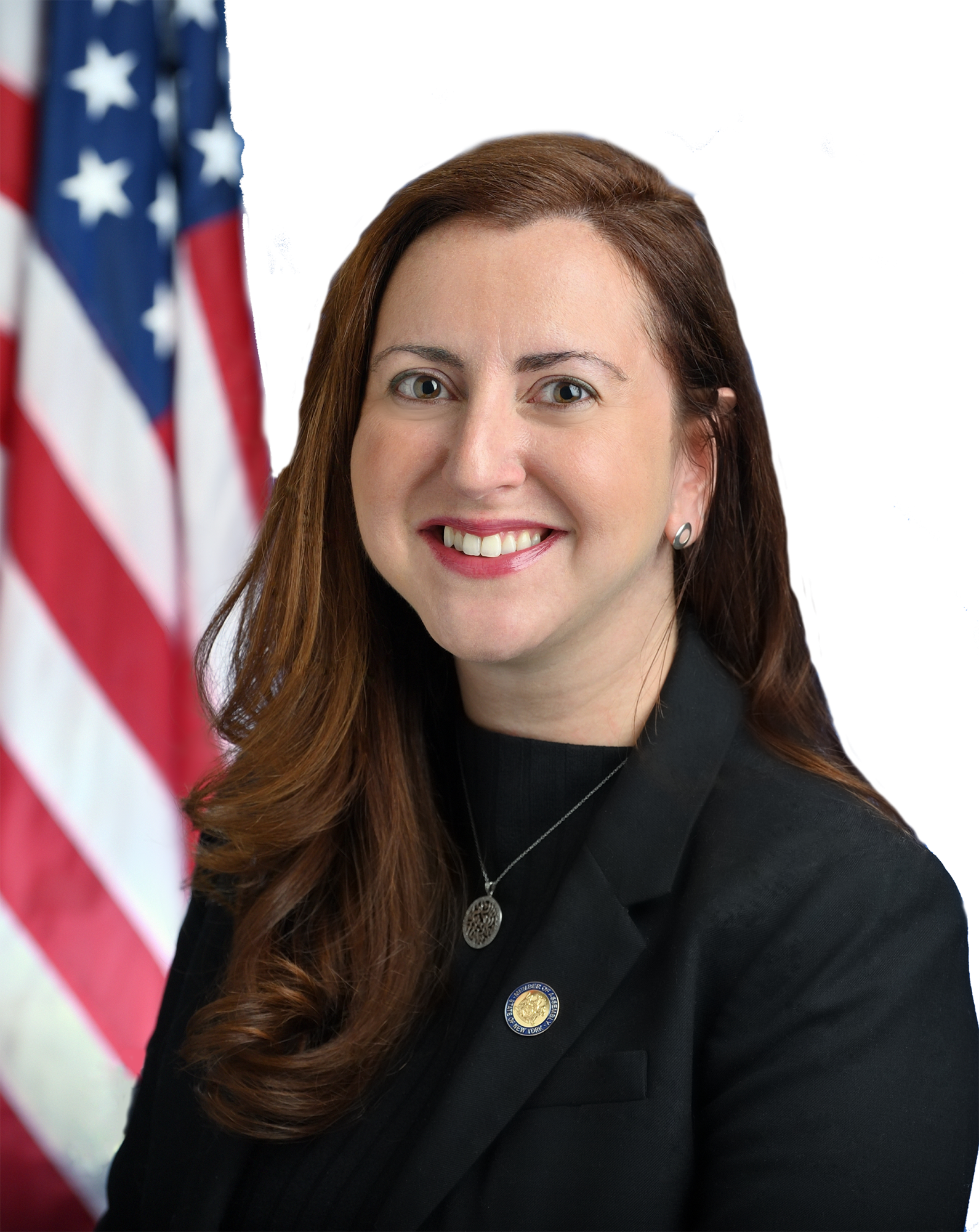Rozic Urges Hold on Changes to WIC Program
Policy proposals would reduce participant access, impact vendors across New York
Rozic: State should address food insecurity issues
Flushing, NY – Today, Assemblywoman Nily Rozic (D,WF-Fresh Meadows) released a letter with other state legislators urging Governor Cuomo's administration halt proposed rule changes to the WIC (Women, Infants, Children) Program that would severely impact access to the mandated nutritional component. The letter, signed by 30 members, notes that the proposed changes would set into place overly complicated criteria for vendor participation and reduce the available outlets for access to services by WIC enrollees.
“The WIC program has provided low-income families with resources to care for their children and any proposed rule changes that could adversely affect their access needs to clarified before moving forward,” said Rozic, whose district includes the Flushing Neighborhood WIC Center. “By voicing our concerns, we are seeking an opportunity to bring state and local business communities together to ensure that any action taken to better regulate the program does not put participants and vendors at risk of losing access.”
The letter goes on detailing a list of concerns regarding the impact the proposed changes would have on WIC participants and vendors. Legislators consider the changes to be a new additional hurdle given the decision made last year by the New York State Department of Health (DOH) to prohibit supermarkets without pharmacies from accepting WIC vouchers for specialty formula. While the policy was enacted as a cost-saving measure also intended to reduce fraud, it has since adversely affected WIC recipients and full service grocers.
In a previous letter addressed to the DOH, the National Supermarket Association requested a detailed account of how the new policy would impact local communities home to small stores potentially at risk of being dropped from WIC.
With changes such as requiring stores to have $5 million in sales annually to participate as opposed to the current $3 million, the letter emphasizes the importance of access to the program as the State takes up measures to address food insecurity and hunger. The letter urges legislative and business input and ample opportunity to respond with questions concerning policy implementation.
